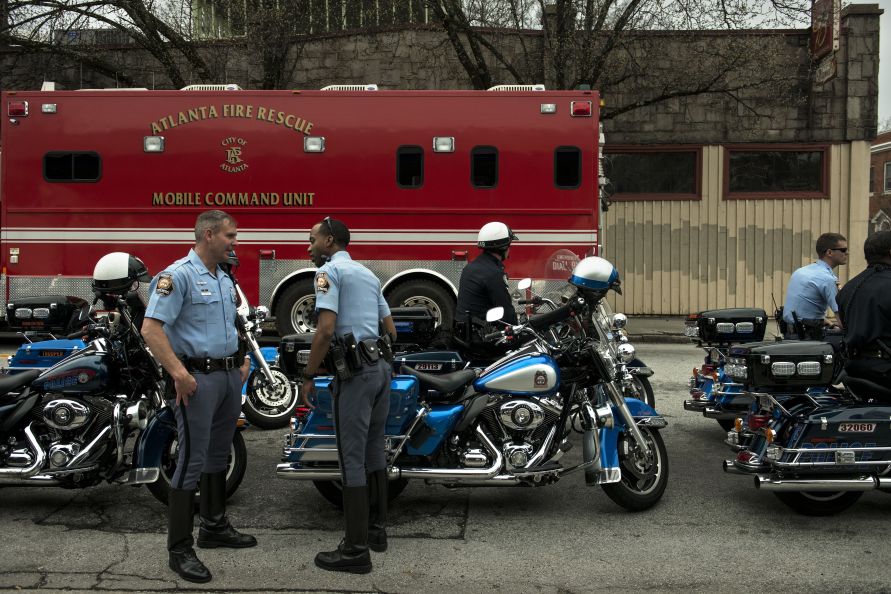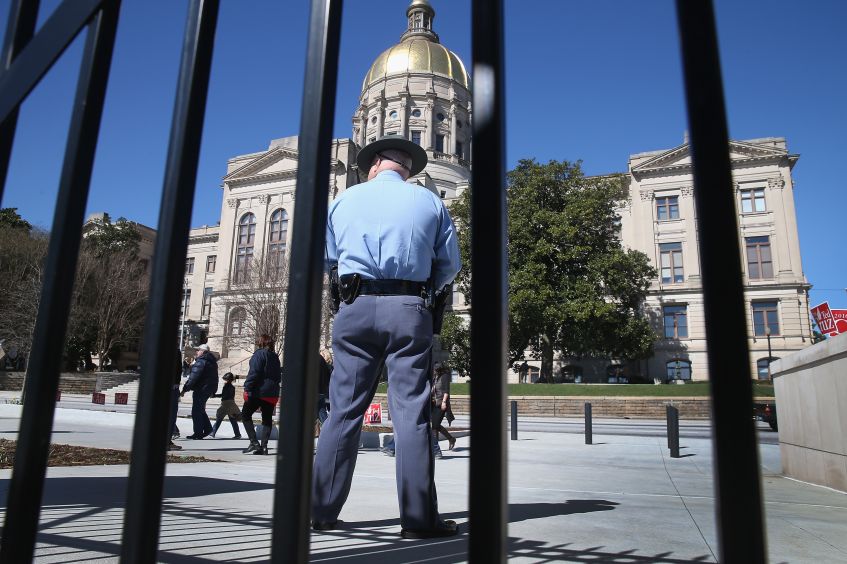Calling the police is one of the most crucial actions people take during emergencies. The phrase "why do people call police 12" often arises when discussing emergency response systems. Understanding why and when to contact law enforcement can save lives and protect communities. This article will explore the reasons behind calling the police, the procedures involved, and the importance of emergency services.
Emergency situations can occur at any time, and having access to reliable police services is essential. The number "12" might not be universally recognized as an emergency number, but it could refer to local or specific systems in certain regions. In this article, we will delve into the various reasons why people call the police and how these services operate.
By the end of this article, you will have a clearer understanding of the role of police in emergency response, the importance of proper communication during crises, and how to effectively utilize emergency services. Let's begin by exploring the reasons behind why people call the police.
Read also:Gladys Knight Funeral A Celebration Of A Legendary Voice
Table of Contents
- Reasons Why People Call the Police
- Understanding Emergency Numbers
- Police Procedures in Emergency Situations
- Types of Emergencies Handled by Police
- The Importance of Public Safety
- Effective Communication with Police
- Statistics on Police Emergency Calls
- Crime Prevention and Community Policing
- Challenges Faced by Police in Emergency Response
- Conclusion
Reasons Why People Call the Police
People call the police for a variety of reasons, ranging from life-threatening situations to minor disturbances. The primary objective is to seek assistance and ensure safety. Below are some common reasons why individuals reach out to law enforcement:
Life-Threatening Situations
In situations where lives are at risk, such as violent crimes, medical emergencies, or natural disasters, calling the police is often the first step. These incidents require immediate intervention to prevent further harm.
Property Crimes
When property is stolen, damaged, or vandalized, people often contact the police to report the incident and seek legal action. This helps in documenting the crime and potentially recovering stolen items.
Public Disturbances
Noise complaints, public intoxication, and other disturbances can lead individuals to call the police. Officers are trained to handle these situations and restore peace in the community.
Understanding Emergency Numbers
Emergency numbers vary across countries and regions. While "12" might not be universally recognized, it could refer to specific local systems. Below are some common emergency numbers:
- 911 - United States
- 112 - European Union
- 999 - United Kingdom
- 000 - Australia
It is essential to know the emergency number in your area and educate others about its use. This ensures that help can be summoned quickly during critical situations.
Read also:Salma Hayek Leaked Exploring The Controversy Facts And Truth Behind The Headlines
Police Procedures in Emergency Situations
When someone calls the police, a series of procedures are followed to ensure an effective response:
Dispatching Officers
Once a call is received, dispatchers assess the situation and send officers to the location. This process is crucial in determining the severity of the incident and allocating resources accordingly.
On-Site Assessment
Upon arrival, officers evaluate the situation, prioritize safety, and take necessary actions. This may involve providing first aid, arresting suspects, or securing the area.
Follow-Up Actions
After the immediate response, officers may conduct investigations, file reports, and coordinate with other agencies if needed. This ensures that the incident is thoroughly addressed and documented.
Types of Emergencies Handled by Police
Police officers are trained to handle a wide range of emergencies. Below are some examples:
Criminal Emergencies
These include violent crimes, theft, and other illegal activities. Officers work to apprehend suspects and protect victims.
Medical Emergencies
In some cases, police officers provide initial medical assistance until paramedics arrive. This is particularly important in life-threatening situations.
Natural Disasters
During floods, earthquakes, or hurricanes, police play a vital role in evacuating people, maintaining order, and coordinating rescue efforts.
The Importance of Public Safety
Public safety is a top priority for police departments worldwide. By maintaining order, preventing crime, and responding to emergencies, officers contribute to the well-being of communities. Below are some ways police enhance public safety:
- Patrolling neighborhoods to deter crime
- Conducting educational programs on safety
- Collaborating with other agencies to address broader issues
Public safety initiatives require the cooperation of both law enforcement and citizens. By working together, communities can become safer and more resilient.
Effective Communication with Police
Communicating effectively with police during emergencies is crucial. Below are some tips to ensure clear and concise communication:
Stay Calm
Remaining calm helps you provide accurate information and avoid misunderstandings. Take deep breaths and focus on the details of the situation.
Provide Key Details
Include essential information such as your location, the nature of the emergency, and any immediate dangers. This helps dispatchers prioritize and allocate resources.
Follow Instructions
Listen carefully to the dispatcher's instructions and comply with them. This ensures that help arrives quickly and safely.
Statistics on Police Emergency Calls
According to data from various sources, emergency calls to police departments have been increasing over the years. For example:
- In the United States, 911 centers handle over 240 million calls annually.
- In the European Union, 112 services receive millions of calls each year, with a significant percentage requiring immediate response.
These statistics highlight the critical role of police in emergency response and the need for efficient systems to handle the growing demand.
Crime Prevention and Community Policing
Crime prevention is a proactive approach to reducing criminal activities. Community policing plays a significant role in this effort by fostering trust and collaboration between law enforcement and citizens. Below are some strategies:
Neighborhood Watch Programs
These programs encourage residents to report suspicious activities and work with police to prevent crime.
Public Education
Police departments often conduct workshops and seminars to educate the public on crime prevention techniques and safety measures.
Technology Integration
Utilizing technology such as surveillance cameras and mobile apps can enhance crime prevention efforts and improve response times.
Challenges Faced by Police in Emergency Response
Despite their best efforts, police officers face numerous challenges in emergency response. Some of these include:
Resource Constraints
Limited budgets and personnel can hinder the ability of police departments to respond effectively to all emergencies.
Public Misconceptions
Misunderstandings about the role of police and the proper use of emergency services can lead to unnecessary calls and strain resources.
Complex Situations
Some emergencies involve multiple agencies and complex logistics, making coordination and response more challenging.
Conclusion
Understanding why people call the police and how emergency response systems work is essential for ensuring public safety. By knowing the reasons behind calling the police, the procedures involved, and the importance of effective communication, individuals can contribute to safer communities.
We encourage you to share this article with others and engage in discussions about public safety. Your feedback and insights can help improve emergency response systems and promote awareness. Remember, in emergencies, every second counts, and knowing how to contact the police can make all the difference.


